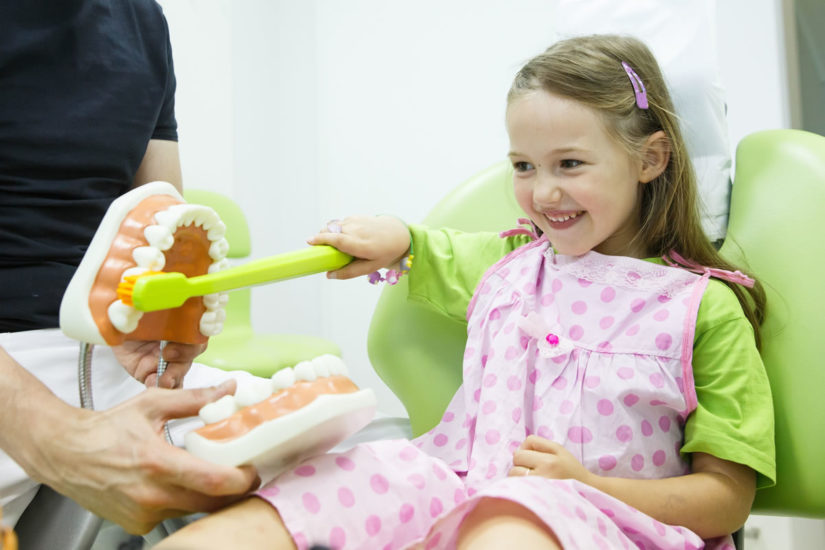Quality urgent dentist in Altrincham: If the infection has spread to around your tooth, into the supporting structures or further afield, then antibiotics may be appropriate as part of a broader treatment plan. This will always depend on the judgement of the dentist following detailed history and examination. Why will antibiotics not do the job? You may be thinking that if there is a bacterial infection, why would antibiotics alone not cure the problem? The basic explanation for this is that the bacteria inside the canal are protected and the antibiotics simply CANNOT reach them. Treatment with antibiotics alone will almost always ensure a return of the infection as the causative tooth has not been managed. Find even more info on Emergency Dentist Wilmslow.
Do I need to be registered? No you don’t need to be registered with us as a patient to make an emergency dental appointment and be looked after by one of our caring dental teams. If you are registered with a dentist you will receive follow up treatment (if required) by them. If you don’t have a dentist you can choose to remain a patient at our practice and we would love to be able to look after you moving forward!
During your visit, our specialist emergency dental team will treat you exactly how we would expect to be treated: With great compassion, care and understanding: With patience and expert dental care, We will look to see you as soon as possible, diagnose the issue quickly and discuss your potential range of treatment options, Once we have agreed on the treatment method, we look to stop your pain as painlessly and quickly as possible.
Some of the signs and symptoms you might experience include: Throbbing pain in the tooth or surrounding area. This pain may spread to other parts of your head on the same side, Swelling in the area, which may be tender and warm to touch, Pain to both hot and cold foods/drinks, Foul breath or taste in your mouth, A general feeling of being unwell and fever in some cases. Incision and drainage – this involves making a small cut to allow the build-up of fluid/infection to be released. Can be very uncomfortable but is often the most effective treatment.
You may be surprised to discover that baking soda is a natural tooth whitener. It’s actually in most kinds of toothpaste! To use it directly on your teeth and whiten them mix a quarter of a teaspoon of baking soda with some water to make a paste. Then simply apply it to your teeth. You’ll need to do this every day to see the effects, it’s a gradual process. This is great for your teeth and your gums. Simply add a teaspoon of salt to a cup of boiled water and let it cool. You can then use it in the same way as you would a mouthwash. The salt is a natural antibacterial, killing unfriendly bacteria in your mouth.
A filling is required when a tooth is damaged by dental decay or trauma. The aim of the filling is to restore the tooth’s normal function and shape and prevent further decay by closing off the space where bacteria can enter. Prior to placing a filling, the dentist will need to remove the decay. The dentist will then proceed to fill the cleaned-out cavity with a filling material of your choice (provided it is appropriate). There are a range of dental filling materials each has its own benefits and suitability. The common dental materials are amalgam (sliver) fillings and composite (tooth-coloured) fillings.
Block blows to teeth. Most school teams now require children to wear mouth guards. But remember: unsupervised recreational activities like skate-boarding and roller-blading can also result in injuries. Your dentist can make a custom-fitted mouth guard. Don’t smoke or use smokeless tobacco. Tobacco stains teeth and significantly increases the risk of gum disease and oral cancer. If you smoke or use chewing tobacco, consider quitting. Counsel your kids not to start. Find more information at Urgent Dentist Manchester.
